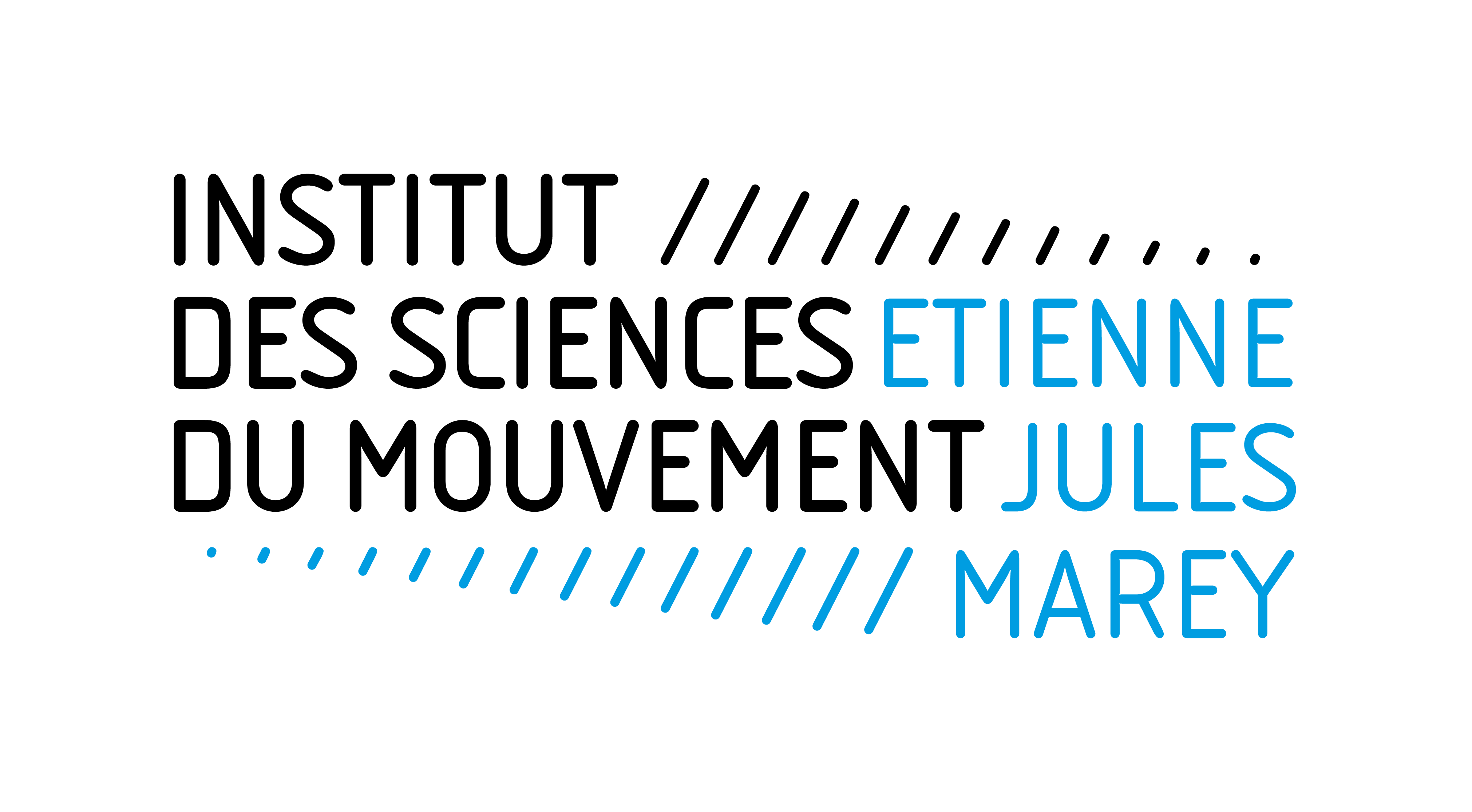Séminaire ISM du mercredi 16 juillet
de 15 à 16h en salle des thèses FSS
Embedded 3D Printing in Silicone: Fabrication of Milifluidic Circuits for Soft Sensing and Actuation
by Dr Alejendro Ibarra (Université du Luxembourg), invité par Loïc Tadrist
Abstract:
The fabrication of complex networks of channels within a soft body is the primary challenge in building soft robots. The primary technology is the utilization of mold casting techniques, which constrain the design process. The direct ink writing technique involves directly drawing structures within a soft material. This fabrication method opens up the possibility of fabricating networks of channels for pneumatic actuation and piezoresistive sensors. In this presentation, I will outline the details of implementing the direct ink writing technique, as well as its application in fabricating deformation sensors and pneumatic flat structures.
Biography: I completed my PhD thesis with Francisco Melo at the University of Santiago, working on bioinspired locomotion in granular media using robots to mimic animal locomotion. This research aimed to develop methods for building soft robots, and I learned to utilize the fabrication technique of direct ink writing, which I now employ to create soft sensors. After completing my PhD, I moved to work with Benoit Roman and Jose Bico on the fabrication of inflatable surfaces and another mechanism to change the shape of flat structures. Currently, I'm a postdoctoral researcher at the University of Luxembourg, part of Jan Lagerwall's group, with a co-founded project between the Institute of Advanced Studies and the Marie Curie fund. I'm working on the fabrication of soft actuators with liquid crystal elastomer elements embedded as a means of actuation.

